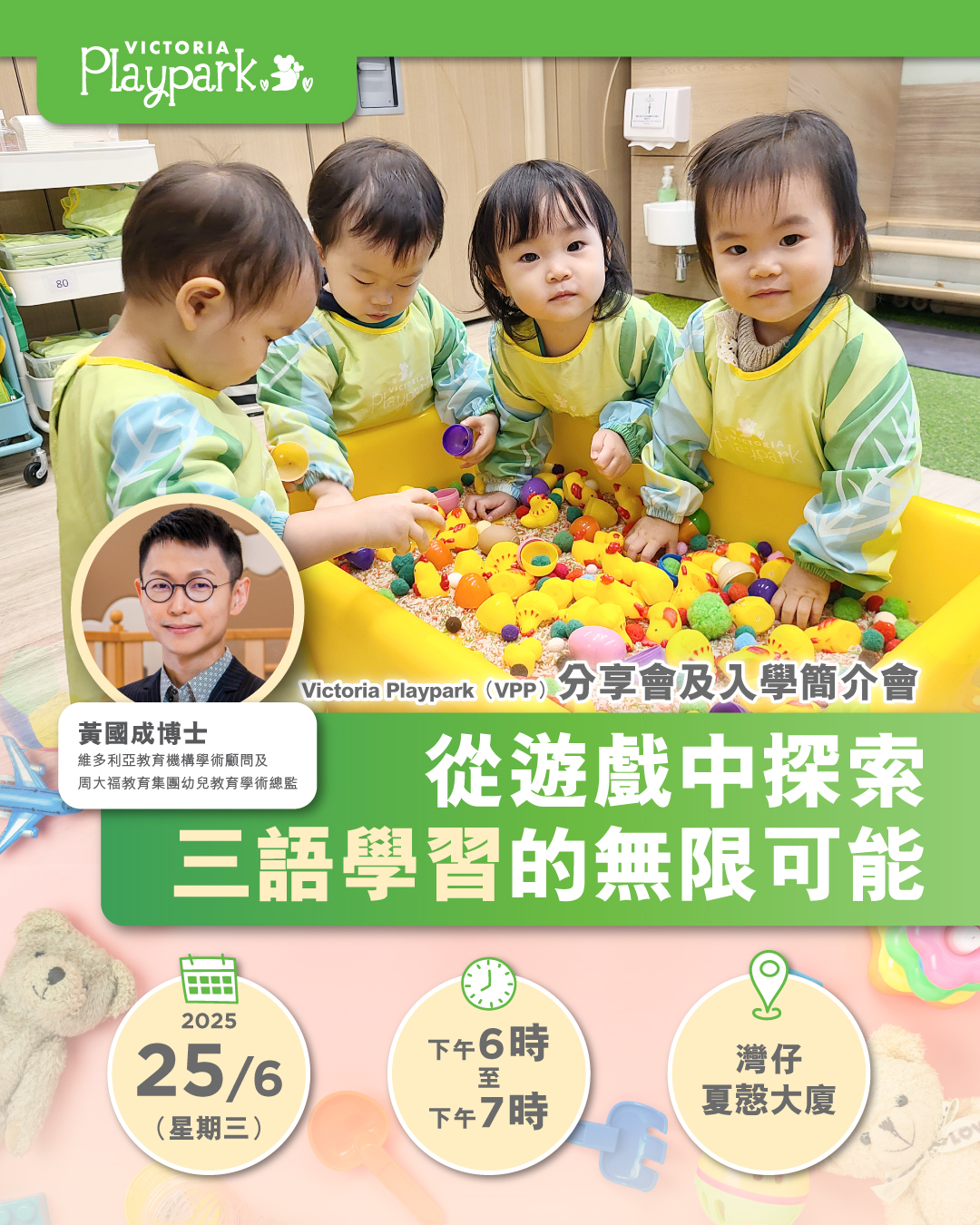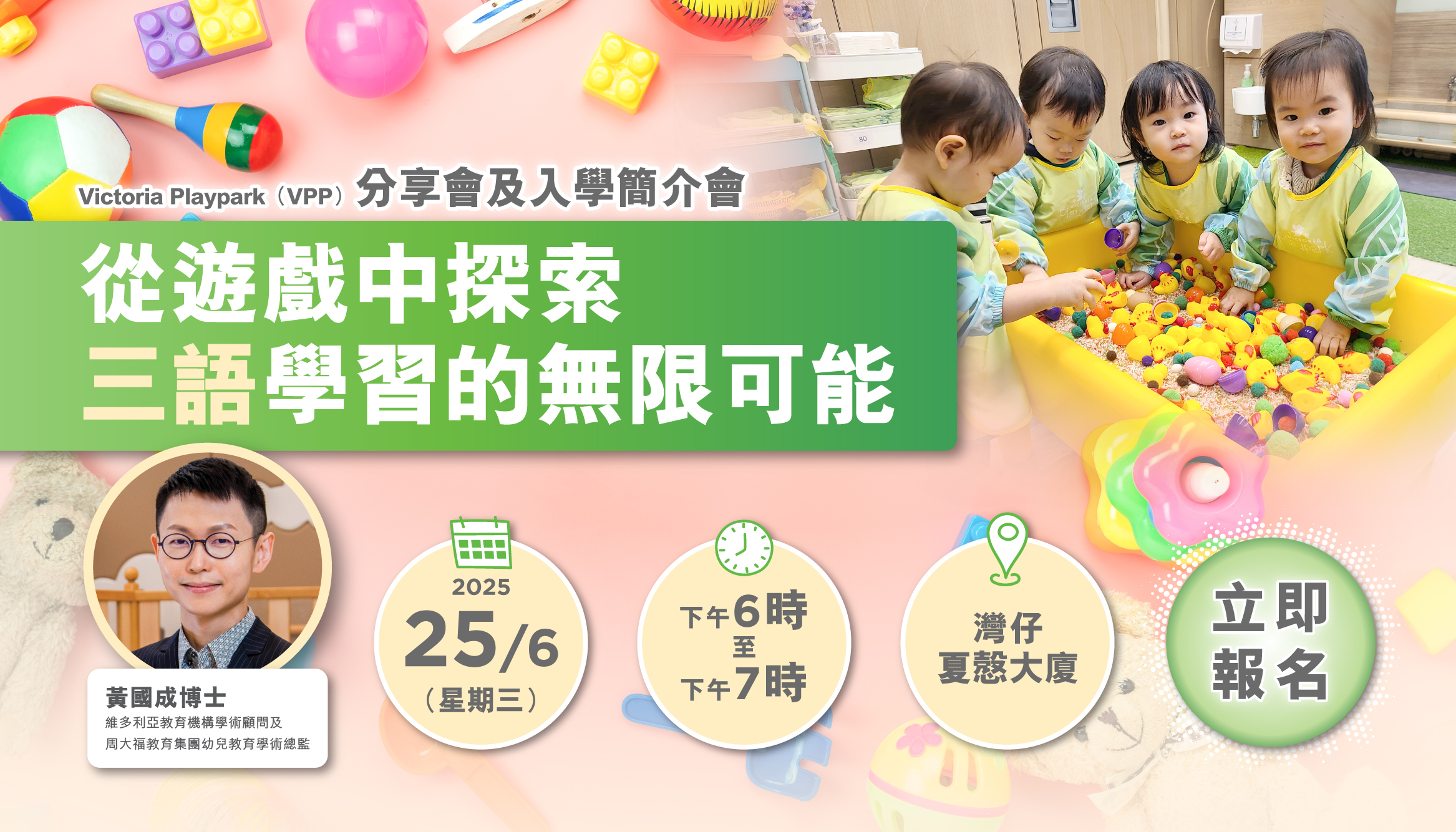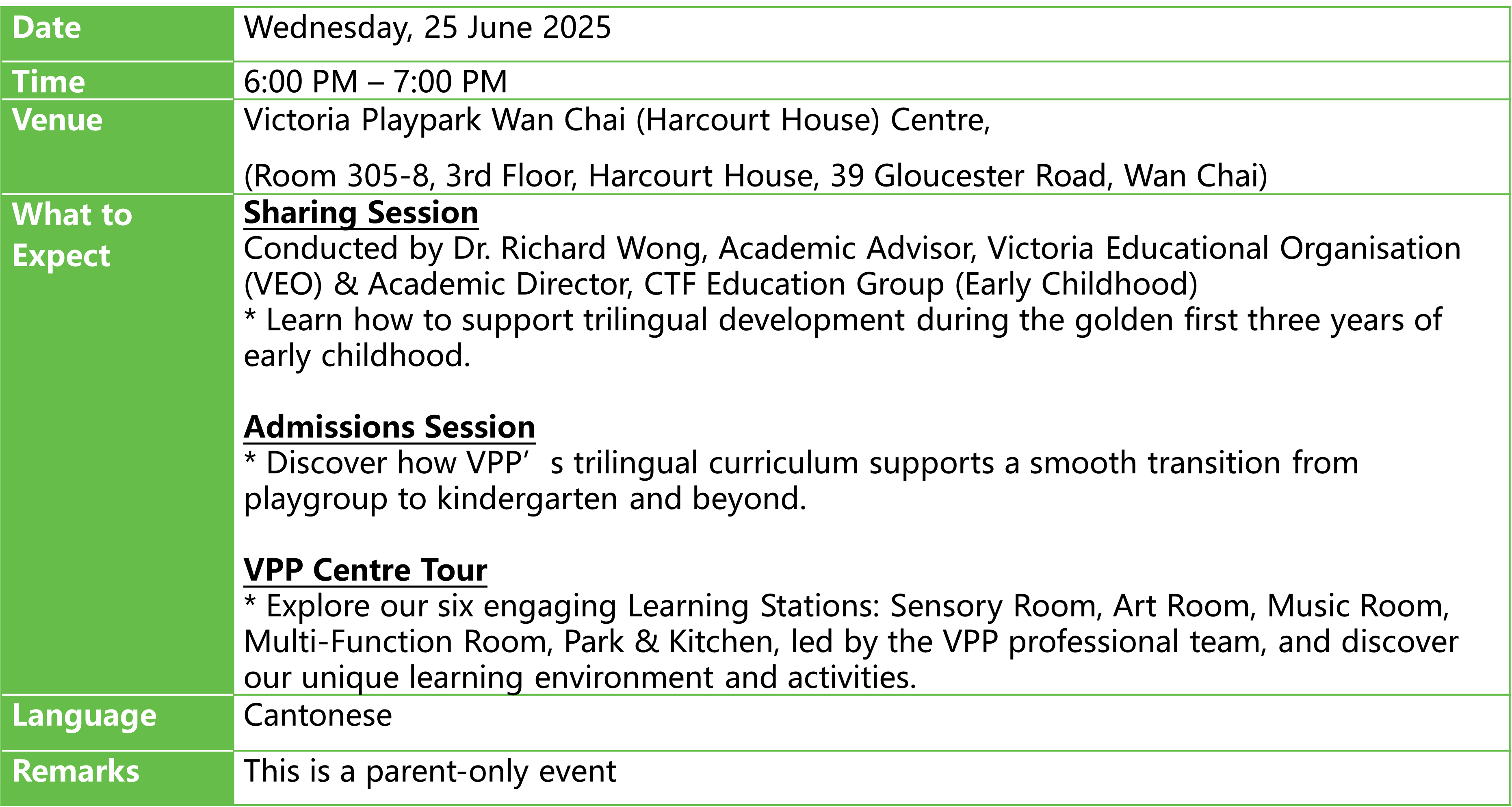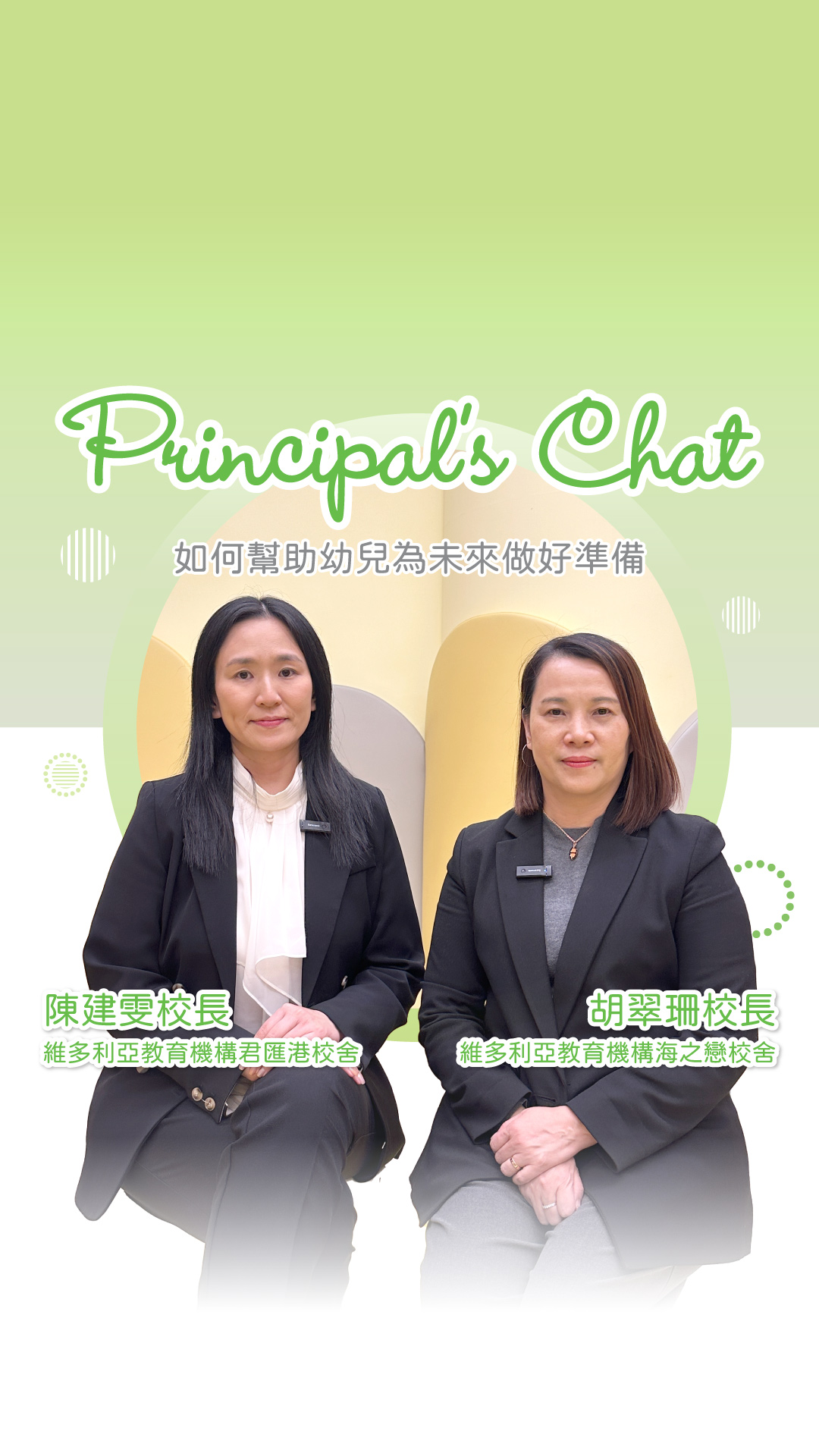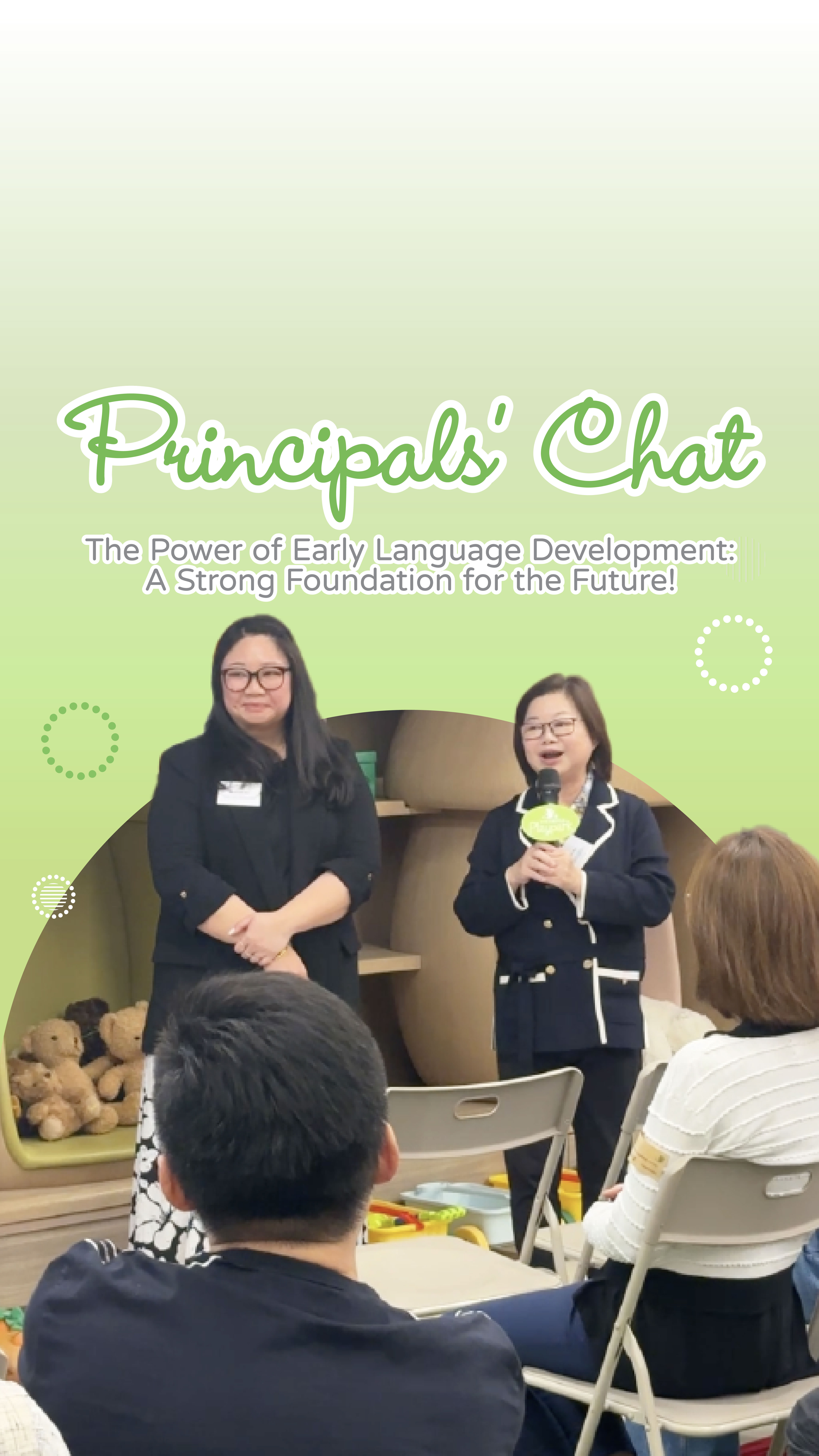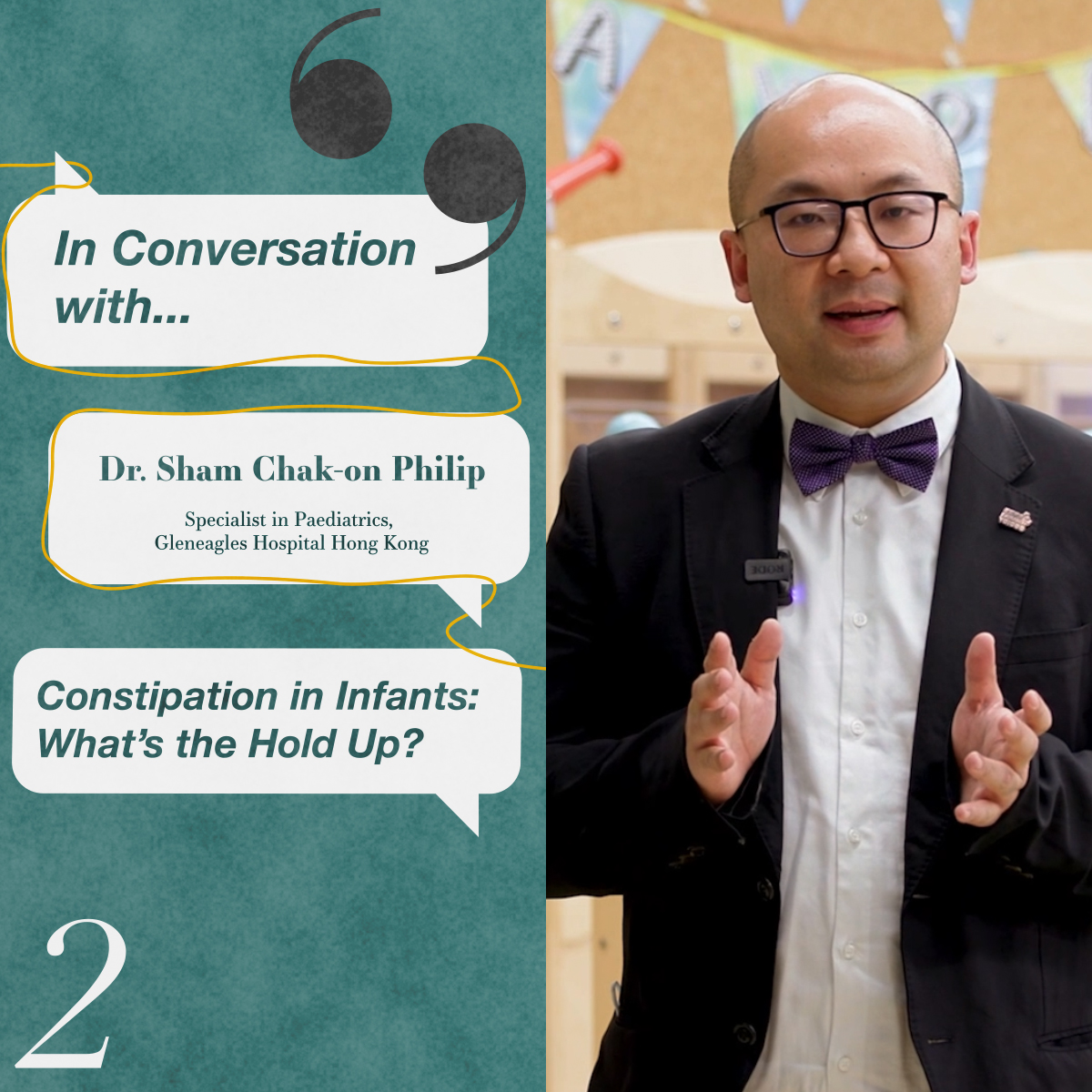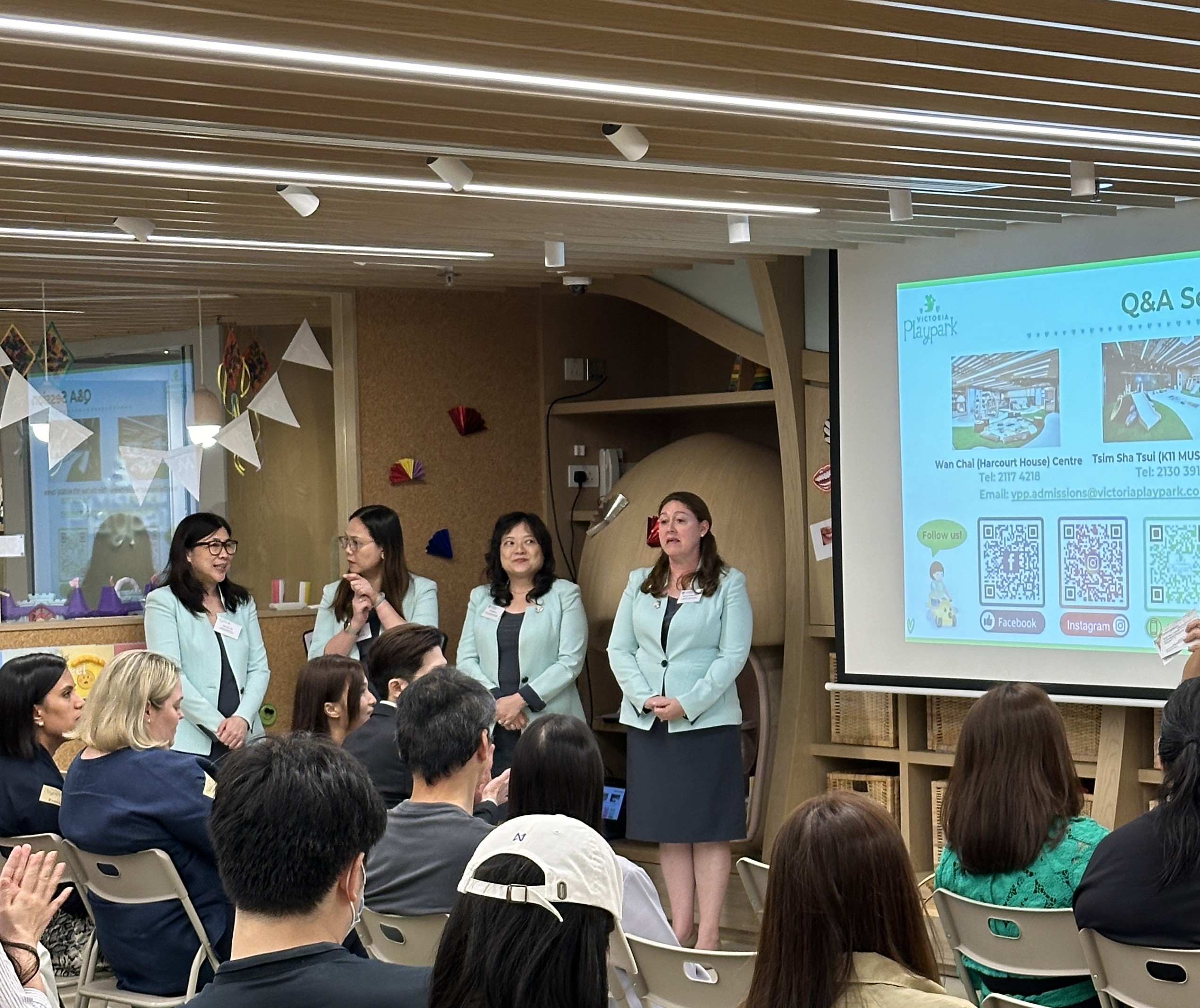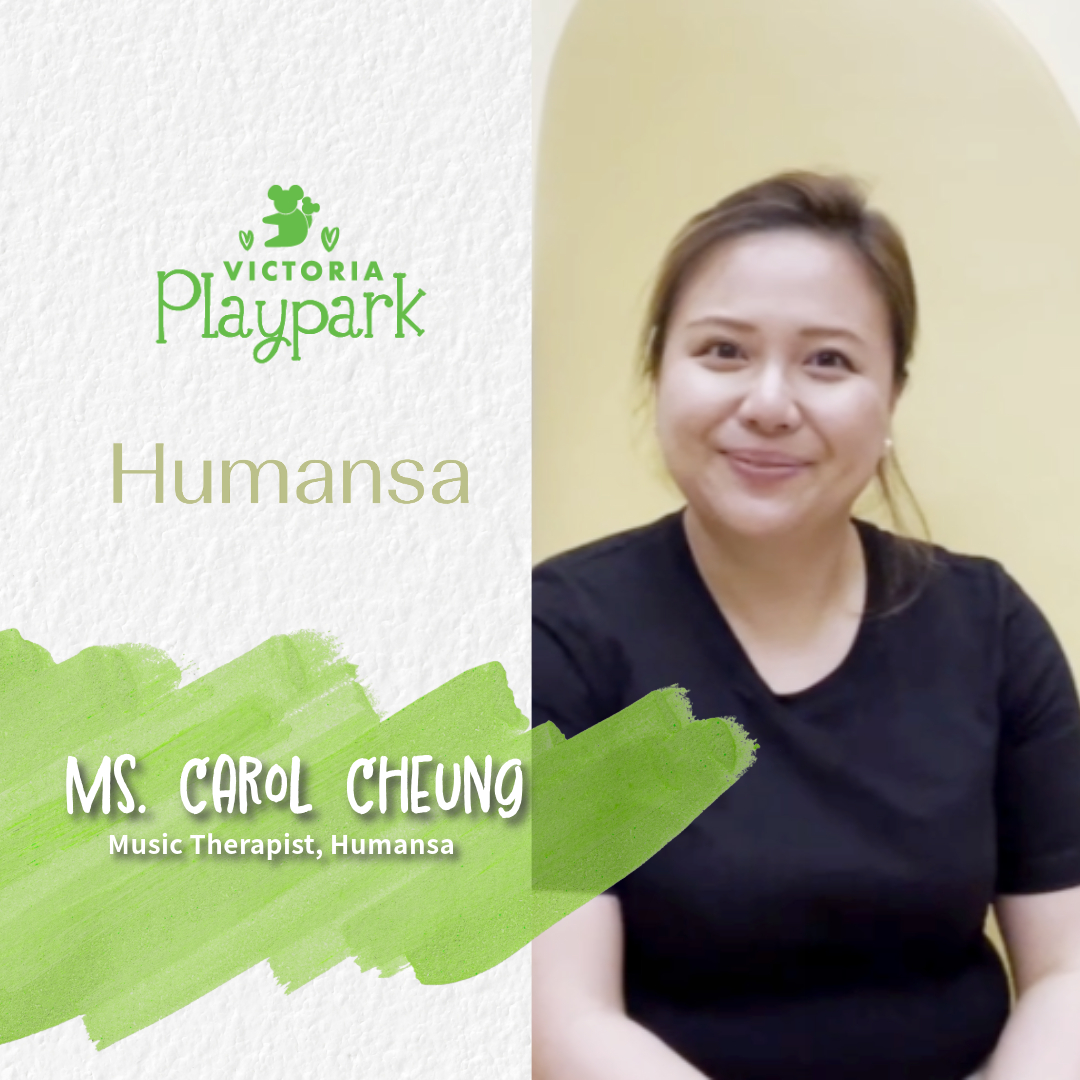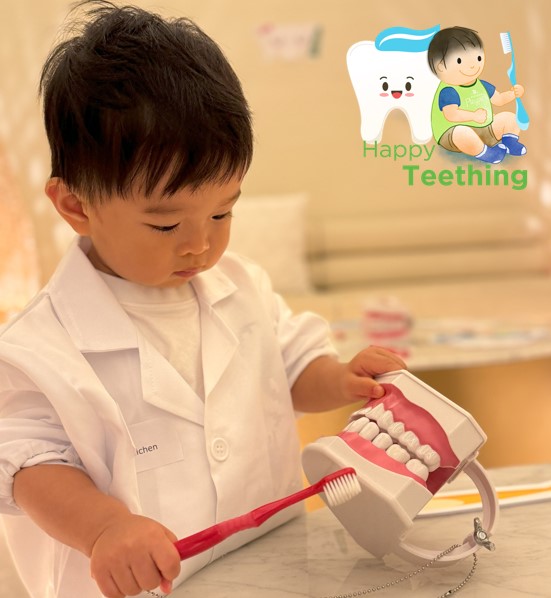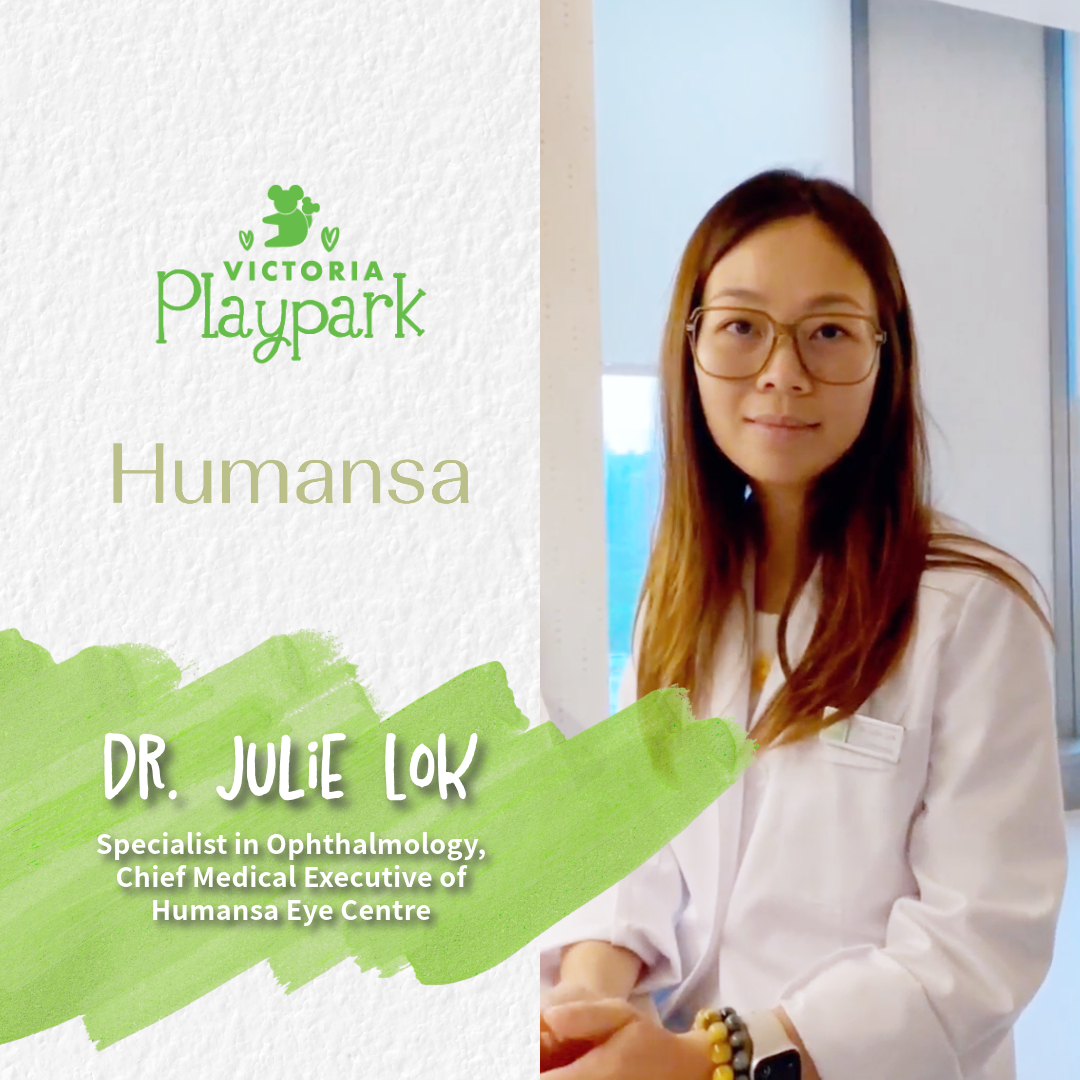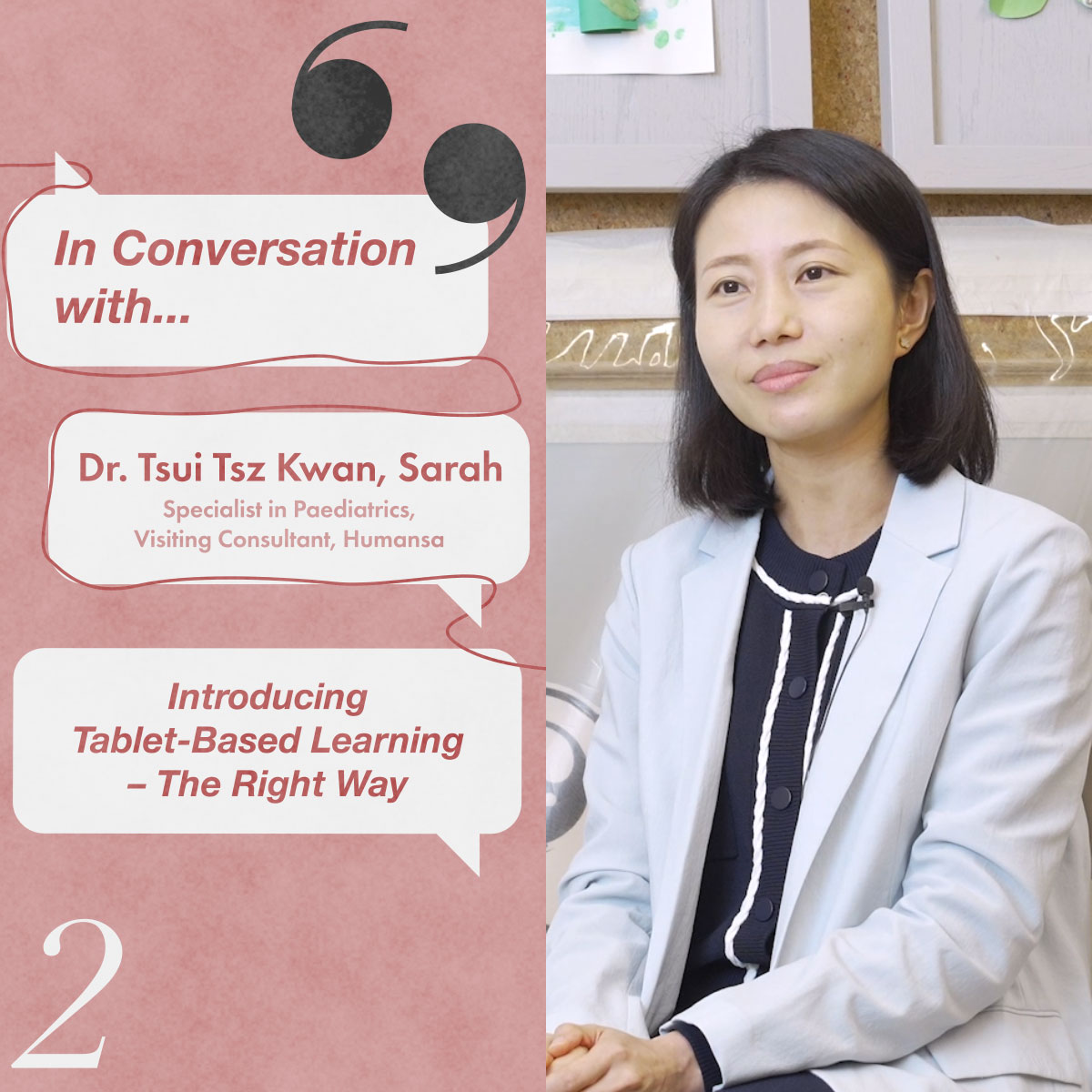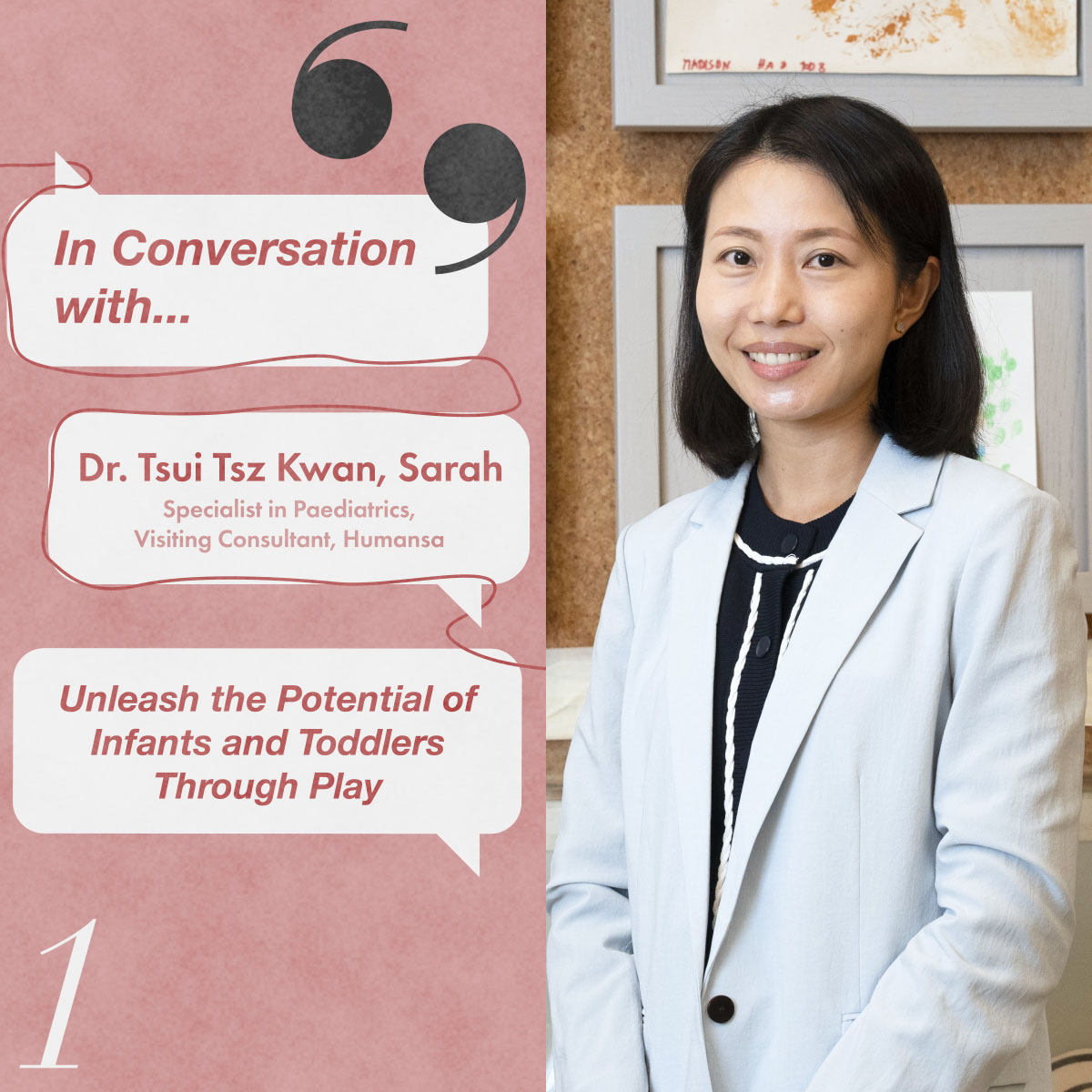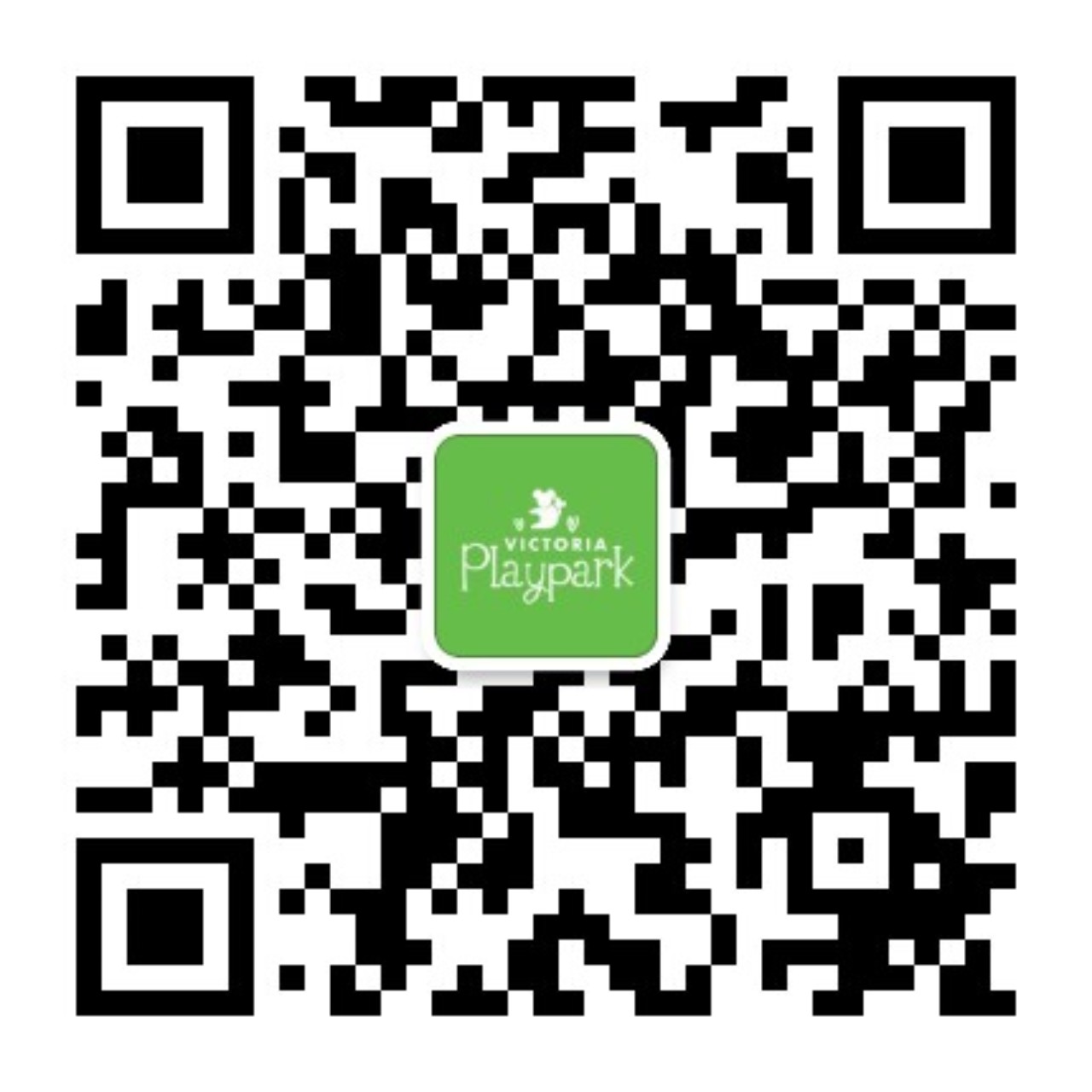Constipation can happen to children of all ages, but the treatment depends on your children’s age and diet.
In this video, Paediatrics Specialist Dr. Philip Sham walks us through the various reasons for constipation through different stages of development. He also highlights useful home remedies to relieve constipation and identifies warning signs that may indicate the need for a doctor’s visit if home treatment has proven ineffective.
Here is his advice to parents on children at different developmental stages:
1. Infants aged under 1 month old
They may be born with congenital disorder such as Hirschsprung’s disease. Parents are advised to take them to the doctor.
2.Infants aged 1 to 6 month old who are breastfed
As breastmilk is easily digested and absorbed, they may not need to empty their bowels every day. This may not be considered as constipation.
3.Infants aged 1 to 6 month old who are formula-fed
If they struggle every time they poop, parents can consider switching to a different brand of formula milk.
4.Infants older than 6 month who eat solid foods
As they begin to eat a wider variety of foods, their digestive system may not yet able to adapt, result in constipation. Parents can treat it with medicine such as lactulose, which is a non-absorbable sugar that can be safely consumed by infants.
Stay tuned for the EduMakers App launch – with valuable resources and features it offers.
(The opinions expressed by the interviewee is his own and do not necessarily reflect the views of the organiser.)
